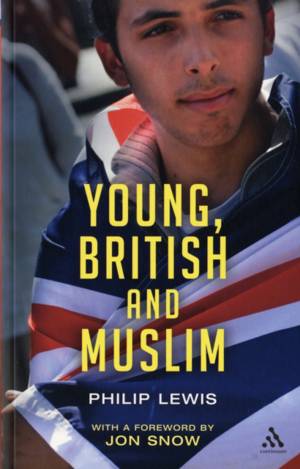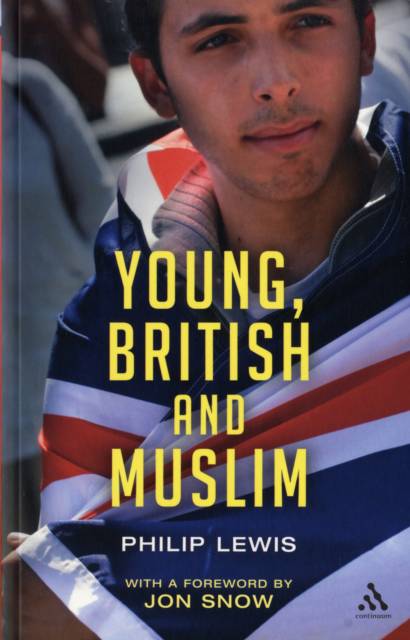
- Retrait gratuit dans votre magasin Club
- 7.000.000 titres dans notre catalogue
- Payer en toute sécurité
- Toujours un magasin près de chez vous
- Retrait gratuit dans votre magasin Club
- 7.000.000 titres dans notre catalogue
- Payer en toute sécurité
- Toujours un magasin près de chez vous
Description
All four of the bombers involved in 7/7, the deadly attack on London's transport system in July 2005, were aged 30 or under. The spectre of extremist Islam looms large and Muslim youth in the UK are increasingly linked to radical Islamic movements. A clear, balanced examination of this complex issue is long overdue. Philip Lewis sets out to address this by looking at the lives and beliefs of young Muslims aged 18 to 30, against a backdrop of the problems any migrant community face. Beginning with an overview of British Muslim communities, he goes on to explore the nature of the intergenerational gap in the Muslim community, showing how normal tensions are exaggerated as children are educated in a language and culture different to that of their parents. Patriarchal 'clan politics' and a breakdown in communication between young Muslims and traditional Muslim leaders are dispossessing Islamic youth, leading a small but significant minority to turn to radical groups for somewhere to belong and something to believe in. Lewis concludes by identifying a generational shift from 'clan politics' to what he calls a 'new professionalism' and demonstrates how new organizations and networks of Muslim thinkers are springing up all the time - allowing young Muslims to find positive identities and outlets for their concerns and energies.
All four of the bombers involved in 7/7, the deadly attack on London's transport system in July 2005, were aged 30 or under. The spectre of extremist Islam looms large and Muslim youth in the UK are increasingly linked to radical Islamic movements. A clear, balanced examination of this complex issue is long overdue. Philip Lewis sets out to address this by looking at the lives and beliefs of young Muslims aged 18 to 30, against a backdrop of the problems any migrant community face. Beginning with an overview of British Muslim communities, he goes on to explore the nature of the intergenerational gap in the Muslim community, showing how normal tensions are exaggerated as children are educated in a language and culture different to that of their parents. Patriarchal 'clan politics' and a breakdown in communication between young Muslims and traditional Muslim leaders are dispossessing Islamic youth, leading a small but significant minority to turn to radical groups for somewhere to belong and something to believe in. Lewis concludes by identifying a generational shift from 'clan politics' to what he calls a 'new professionalism' and demonstrates how new organizations and networks of Muslim thinkers are springing up all the time - allowing young Muslims to find positive identities and outlets for their concerns and energies.
Spécifications
Parties prenantes
- Auteur(s) :
- Editeur:
Contenu
- Nombre de pages :
- 192
- Langue:
- Anglais
Caractéristiques
- EAN:
- 9780826497307
- Date de parution :
- 12-02-08
- Format:
- Livre broché
- Format numérique:
- Trade paperback (VS)
- Dimensions :
- 142 mm x 216 mm
- Poids :
- 244 g







